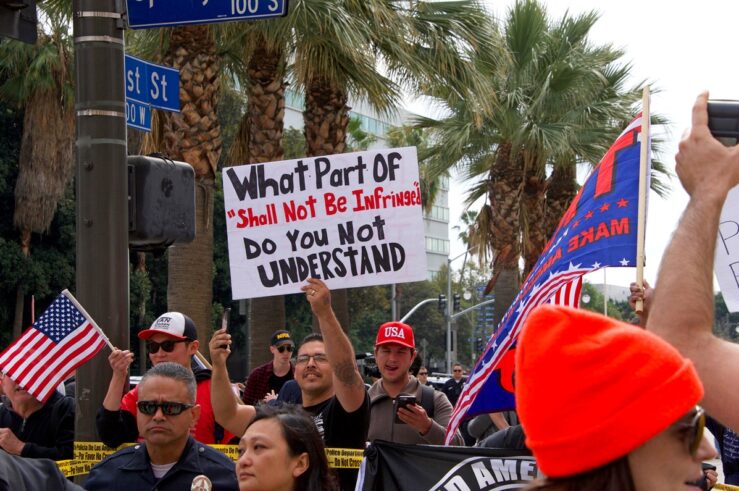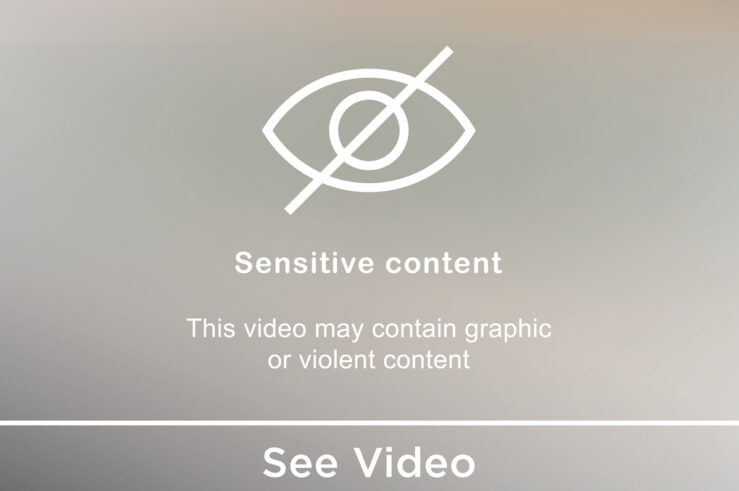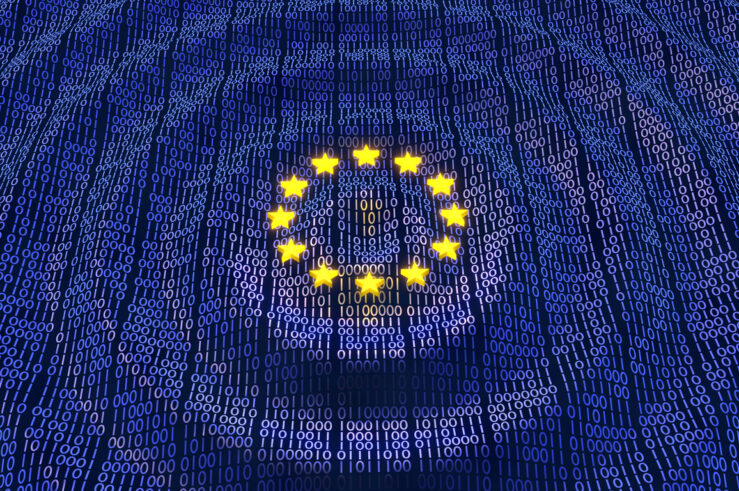Showing archive for: “News & Social Media”
What Do the NetChoice Cases Mean for Online Speech?
With the release of the U.S. Supreme Court’s NetChoice opinion (along with some other boring case people seem to want to talk about), opinions for the October 2023 term appear to be complete. After discussing what Murthy v. Missouri means for online speech, it only feels right to discuss the other big social-media case of ... What Do the NetChoice Cases Mean for Online Speech?
The View from the United Kingdom: A TOTM Q&A with John Fingleton
What is the UK doing in the field of digital-market regulation, and what do you think it is achieving? There are probably four areas to consider. The first is that the UK’s jurisdiction on mergers increased with Brexit. The UK is not subject to the same turnover threshold as under European law, and this enables ... The View from the United Kingdom: A TOTM Q&A with John Fingleton
The View from Canada: A TOTM Q&A with Aaron Wudrick
Aaron, could you please tell us a bit about your background and how you became interested in competition law and digital-competition regulation? I’m a lawyer by profession, but have taken a somewhat unconventional career path—I started as a litigator in a small general practice in my hometown outside Toronto, moved on to corporate law with ... The View from Canada: A TOTM Q&A with Aaron Wudrick
Vullo and the Dangers of Government Coercion Over Speech
The U.S. Supreme Court delivered a major victory for free speech and struck a blow against government censorship-by-proxy yesterday in NRA v. Vullo: “Government officials cannot attempt to coerce private parties in order to punish or suppress views that the government disfavors.” This is a major decision, and will have implications for free speech online, ... Vullo and the Dangers of Government Coercion Over Speech
Net Neutrality and the Paradox of Private Censorship
With yet another net-neutrality order set to take effect (the link is to the draft version circulated before today’s Federal Communications Commission vote; the final version is expected to be published in a few weeks) and to impose common-carriage requirements on broadband internet-access service (BIAS) providers, it is worth considering how the question of whether ... Net Neutrality and the Paradox of Private Censorship
The View from Australia: A TOTM Q&A with Allan Fels
Allan, you have a remarkably high public profile in Australia and are known to most of the Australian population as ex-ACCC chair. Could you please give us a bit on your background and how you got into competition law? I did degrees in law and economics at the University of Western Australia and a PhD ... The View from Australia: A TOTM Q&A with Allan Fels
Murthy Oral Arguments: Standing, Coercion, and the Difficulty of Stopping Backdoor Government Censorship
With Monday’s oral arguments in Murthy v. Missouri, we now have more of a feel for how the U.S. Supreme Court appears to be considering the issues of social-media censorship—in this case, done allegedly at the behest of federal officials. In the International Center for Law & Economics’ (ICLE) amicus brief in the case, we ... Murthy Oral Arguments: Standing, Coercion, and the Difficulty of Stopping Backdoor Government Censorship
NetChoice, the Supreme Court, and the State Action Doctrine
George Orwell’s “Nineteen Eighty-Four” is frequently invoked when political actors use language to obfuscate what they are doing. Ambiguity in language can allow both sides to appeal to the same words, like “the First Amendment” or “freedom of speech.” In a sense, the arguments over online speech currently before the U.S. Supreme Court really amount ... NetChoice, the Supreme Court, and the State Action Doctrine
The Marketplace of Ideas: Government Failure Is Worse Than Market Failure When It Comes to Social-Media Misinformation
Today marks the release of a white paper I have been working on for a long time, titled “Knowledge and Decisions in the Information Age: The Law & Economics of Regulating Misinformation on Social-Media Platforms.” In it, I attempt to outline an Austrian law & economics theory of state action under the First Amendment, and ... The Marketplace of Ideas: Government Failure Is Worse Than Market Failure When It Comes to Social-Media Misinformation
Biweekly FTC Roundup: Bureau of Let’s-Sue-Meta Edition
The Federal Trade Commission (FTC) might soon be charging rent to Meta Inc. The commission earlier this week issued (bear with me) an “Order to Show Cause why the Commission should not modify its Decision and Order, In the Matter of Facebook, Inc., Docket No. C-4365 (July 27, 2012), as modified by Order Modifying Prior Decision and Order, In ... Biweekly FTC Roundup: Bureau of Let’s-Sue-Meta Edition
Twitter v. Taamneh and the Law & Economics of Intermediary Liability
The Senate Judiciary Committee’s Subcommittee on Privacy, Technology, and the Law will host a hearing this afternoon on Gonzalez v. Google, one of two terrorism-related cases currently before the U.S. Supreme Court that implicate Section 230 of the Communications Decency Act of 1996. We’ve written before about how the Court might and should rule in ... Twitter v. Taamneh and the Law & Economics of Intermediary Liability
GDPR Decision Against Meta Highlights that Privacy Regulators Don’t Understand ‘Necessity’
The €390 million fine that the Irish Data Protection Commission (DPC) levied last week against Meta marks both the latest skirmish in the ongoing regulatory war on the use of data by private firms, as well as a major blow to the ad-driven business model that underlies most online services. More specifically, the DPC was ... GDPR Decision Against Meta Highlights that Privacy Regulators Don’t Understand ‘Necessity’
















